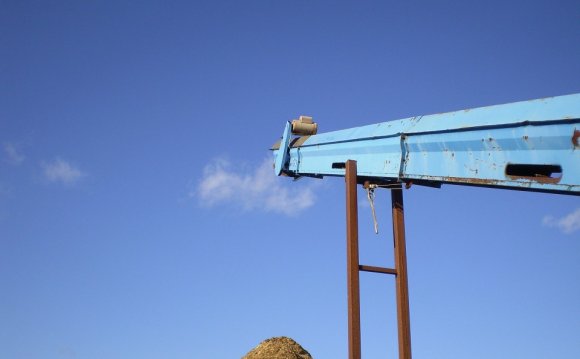
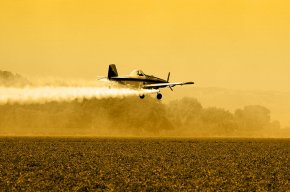 Pesticides are the lynchpin of an unsustainable industrial agriculture system.
Pesticides are the lynchpin of an unsustainable industrial agriculture system.
Sixty years ago, after World War II, we started industrializing U.S. farming operations through a mix of policy decisions and accidents of history. This method of farming is neither inevitable nor efficient. More to the point, it can't be sustained.
Chemical reliance
Industrial agriculture treats the farm as a factory, with "inputs" (pesticides, fertilizers) and "outputs" (crops). The end-objective is increasing yields while controlling costs — usually by exploiting economies of scale (i.e. "monocropping"), and by replacing solar energy and manual labor with machines and petro-chemical inputs.
Take soil fumigation, for example. High volumes of volatile pesticides are injected into the soil before planting, disrupting the complex biological ecosystem of the soil that supports plant growth. More chemical inputs are then required to replace these biological supports — deepening dependence on chemical inputs.
This model of farming is inefficient and does not represent the cutting edge of modern farming. In 1940, we produced 2.3 food calories for every fossil fuel calorie used. By industrializing our food and farming systems, we now get a single food calorie for every 10 fossil fuel calories used — a 23-fold reduction in efficiency.
Following this path we have become dependent on cheap, abundant oil, and on quick chemical "fixes" for agro-ecosystem challenges that are complicated and require deep, local and hands-on knowledge. In relying on chemical inputs, we have un-learned how to farm.
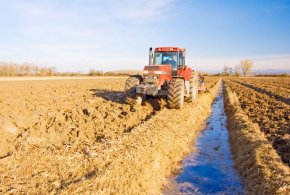 Hidden costs
Hidden costs
In its narrow pursuit of yield, industrial farming hides (or "externalizes") a variety of costs stemming from chemical dependence. Here are just a handful of these many hidden costs:
- Water: Industrial agriculture uses 70% of the planet's fresh water. According to EPA, U.S. agriculture contributes to nearly 75% of all water-quality problems in the nation’s rivers and streams.
- Climate change: The current food system is responsible for 1/3 of global greenhouse gas emissions; it’s also fully dependent on oil both for transport and because pesticides and fertilizers are petrochemically-derived.
- Biodiversity: Bees, bats, amphibians and other beneficial species are dying off, and their declines are linked to pesticide exposure. Seven in 10 biologists flag today's biodiversity collapse as an even greater threat than climate change.
- Human health: Pesticide exposure can increase risks of cancer, autoimmune disease (e.g. diabetes, lupus, rheumatoid arthritis, asthma), non-Hodgkin's lymphoma, Parkinson's disease and more. Children are especially at risk.
Industrial, pesticide-dependent agriculture exhausts the natural resources on which we all depend. It makes us sick and undermines the world's capacity to feed itself. It is the very definition of an unsustainable system.
Food & farming for all
PAN works with allies to advance a post-industrial vision of agriculture that puts us all on surer footing, without the dependencies, health risks and myopic preoccupations of the "pesticide treadmill."
- Get the foxes out of the hen house. No more revolving door between industry and the government agencies meant to regulate them. Period.
- Level the playing field. Restore competition and fair pricing.
- Pay farmers to steward the earth. The Farm Bill should build options for farmers wanting off the pesticide treadmill — and those wanting to go organic.
- Protect people who put food on our plates. Farmworkers are on the frontlines of the hardest, most dangerous work on earth. They deserve basic worker protections and rights.
Now more than ever, American farmers need support in shifting from today’s toxic, ineffective and unsustainable model of agriculture into one that is productive, ecologically resilient, healthy and safe.
RELATED VIDEO

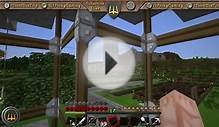


 A dairy is a business enterprise established for the harvesting of animal milk – mostly from cows or goats, but also from buffalo, sheep, horses or camels – for human consumption. A dairy is typically located on a dedicated dairy farm or section of a multi-purpose...
A dairy is a business enterprise established for the harvesting of animal milk – mostly from cows or goats, but also from buffalo, sheep, horses or camels – for human consumption. A dairy is typically located on a dedicated dairy farm or section of a multi-purpose...
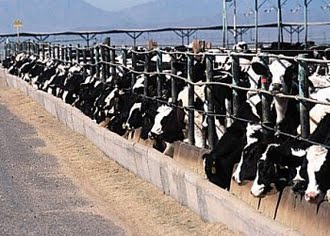 Dairy farming is a class of agricultural, or an animal husbandry, enterprise, for long-term production of milk, usually from dairy cows but also from goats and sheep, which may be either processed on-site or transported to a dairy factory for processing and eventual...
Dairy farming is a class of agricultural, or an animal husbandry, enterprise, for long-term production of milk, usually from dairy cows but also from goats and sheep, which may be either processed on-site or transported to a dairy factory for processing and eventual...








